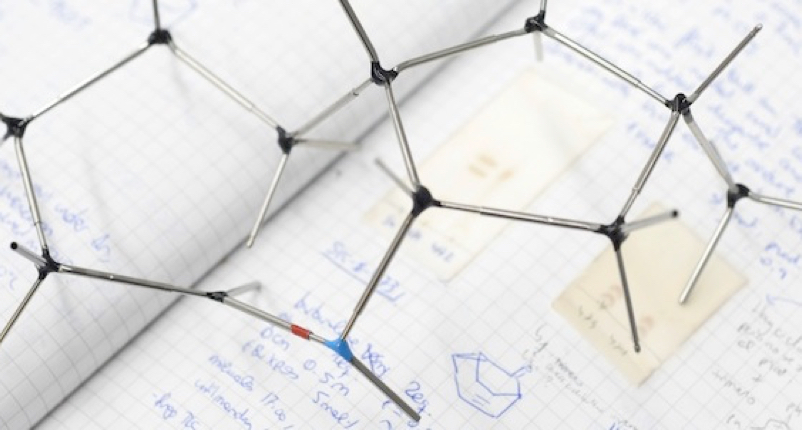Carrier Induced Modification of Palladium Nanoparticles on Porous Boron Nitride for Alkyne Semi‐Hydrogenation
Chemical modifiers enhance the efficiency of metal catalysts in numerous applications, but their introduction often involves toxic or expensive precursors and complicates the synthesis. Here, we show that a porous boron nitride carrier can directly modify supported palladium nanoparticles, originating unparalleled performance in the continuous semi‑hydrogenation of alkynes. Analysis of the impact of various structural parameters reveals that using a defective high surface area boron nitride and ensuring a palladium particle size of 4‑5 nm is critical to maximizing the specific rate. The combined experimental and theoretical analysis points towards boron incorporation from defects in the support to the palladium subsurface, creating the desired isolated ensembles determining the selectivity. This practical approach highlights the unexplored potential of using tailored carriers for catalyst design.

Büchele, S.; Chen, Z.; Fako, E.; Krumeich, F.; Hauert, R.; Safonova, O. V.; López, N.; Mitchell, S.; Pérez-Ramírez, J.
Angew. Chem. Int. Ed. 2020, 59, (44), 19639-19644
DOI:
10.1002/anie.202005842

Let's create a brighter future
Join our team to work with renowned researchers, tackle groundbreaking
projects and contribute to meaningful scientific advancements



















